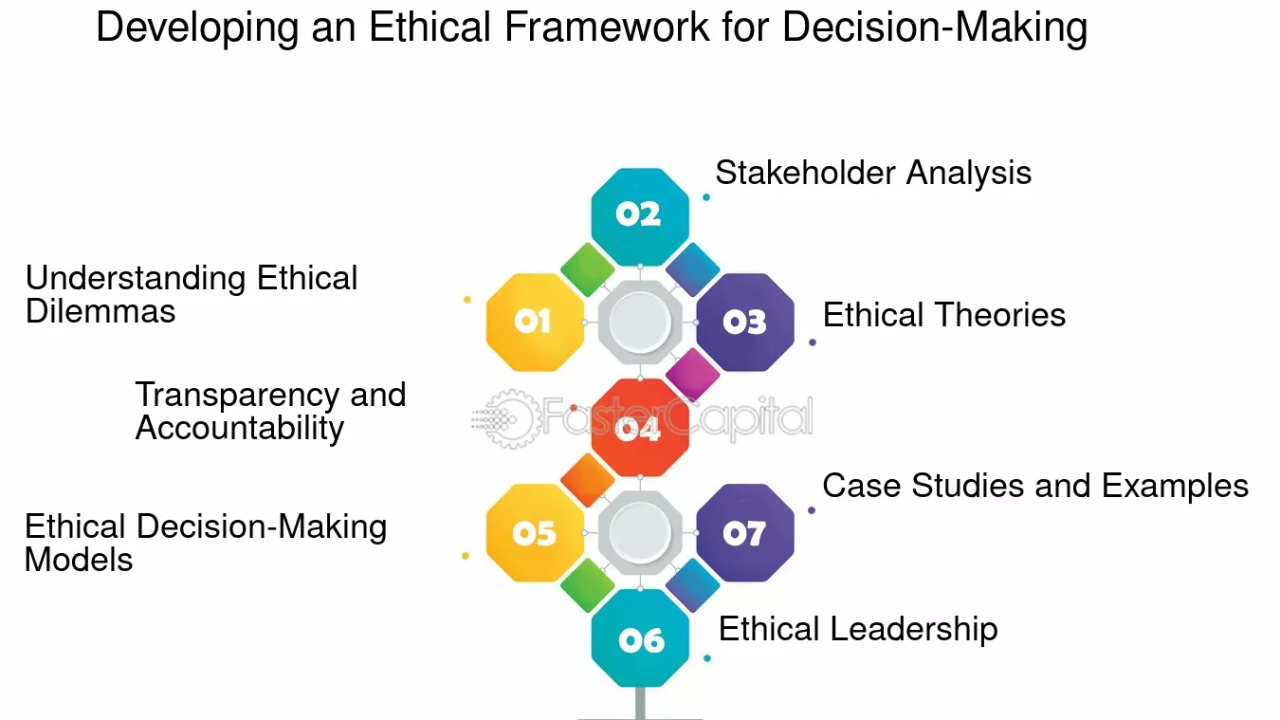
The legal system has long been grounded in addressing traditional forms of crime—murder, theft, fraud, and assault. But as technology accelerates and society evolves, entirely new categories of crime have emerged: cyberattacks, AI manipulation, deepfake fraud, biocrimes, and environmental degradation, to name a few. These “emerging crimes” often blur legal, ethical, and jurisdictional lines. In response, governments, legal scholars, and institutions are now pressed to develop robust ethical frameworks that guide the just and balanced handling of these 21st-century threats.
This article explores the ethical challenges of emerging crimes and offers a structured approach to building a future-ready framework that upholds justice without overreaching or stifling innovation.
What Are Emerging Crimes?
Emerging crimes are criminal acts that arise from technological advancements, new forms of social interaction, or evolving global conditions. Many of these crimes are under-regulated, hard to detect, and sometimes not even recognized as illegal under current statutes.
Examples Include:
- Cybercrimes: Hacking, identity theft, ransomware.
- AI and Algorithmic Crimes: Biased decision-making, autonomous weapon misuse.
- Digital Manipulation: Deepfakes, misinformation campaigns.
- Biotechnological Abuses: Genetic manipulation, illegal organ trade.
- Climate and Environmental Crimes: Ecocide, illegal deforestation, microplastic pollution.
Because laws often lag behind innovation, these crimes present not only enforcement challenges but deep ethical questions around privacy, harm, accountability, and regulation.
Why an Ethical Framework is Necessary
The novelty of emerging crimes means traditional law enforcement and judiciary tools may be ill-equipped. Ethical frameworks ensure that responses are:
- Principled: Rooted in human rights and moral responsibility.
- Adaptive: Responsive to rapid technological and societal changes.
- Balanced: Address harms without unjustified over-policing or mass surveillance.
- Transparent: Open about rationale, criteria, and impacts of decisions.
- Globalized: Account for cross-border implications.
Core Ethical Principles to Guide Action
To ensure consistency and fairness, an ethical framework must rest on foundational values:
| Ethical Principle | Definition | Application to Emerging Crimes |
|---|---|---|
| Justice | Fairness in processes and outcomes | Ensures equitable treatment across new crime types |
| Autonomy | Respect for individual rights and freedoms | Limits overreach in surveillance or digital policing |
| Accountability | Holding actors responsible for harms caused | Tracks decision-makers in AI and cyber systems |
| Transparency | Open processes and clear reasoning | Avoids secret algorithms or hidden enforcement tools |
| Proportionality | Response matches the severity of the harm | Prevents excessive punishment for minor tech misuse |
| Precautionary Approach | Preventing irreversible harm before it occurs | Justifies early regulation of high-risk technologies |
These values help policymakers and legal practitioners strike a moral balance between security and freedom.
Institutional and Policy Strategies
Developing and applying ethical responses to emerging crimes requires more than theory—it needs practical infrastructure.
1. Multi-Stakeholder Ethical Committees
- Include ethicists, technologists, lawyers, and civil society.
- Review new threats and develop guidelines for enforcement.
2. Legislative Foresight and Tech Scanning
- Governments must regularly assess emerging technologies.
- “Living laws” or dynamic legislation should be introduced to adapt quickly.
3. AI-Integrated Ethical Tools
- Use transparent AI to assist in early detection and pattern recognition.
- Ensure human oversight and moral reasoning remain central.
4. International Collaboration
- Crimes like cyberterrorism or genetic smuggling cross borders.
- Global treaties and joint ethical standards are essential.
5. Public Engagement and Education
- Ethical awareness campaigns help communities identify and report new crime types.
- Participatory governance builds trust and compliance.
Real-World Case Studies of Ethical Dilemmas
- Deepfake Blackmail: A woman’s image is digitally altered into explicit content. Existing laws may not cover synthetic media abuse, raising ethical concerns about consent, identity, and psychological harm.
- Autonomous Vehicle Manslaughter: When a self-driving car causes a fatal crash, who is accountable—the manufacturer, the coder, the AI system? Ethics must guide both legal liability and policy reform.
- AI Bias in Policing: Predictive policing algorithms flag certain communities disproportionately. Without ethical safeguards, such systems can reinforce injustice under the guise of neutrality.
Overview Table: Ethical Framework for Emerging Crimes
| Challenge Area | Ethical Concern | Strategic Response | Core Principle | Example Case | Outcome Goal |
|---|---|---|---|---|---|
| Cybercrime | Privacy invasion, anonymity abuse | AI threat monitoring + privacy rights | Autonomy | Ransomware attack on hospitals | Balanced digital security |
| Deepfake Technology | Consent violation, misinformation | Media regulation + authenticity tracking | Transparency | Political deepfake used in election | Truthful public discourse |
| Biotech Misuse | Human integrity and safety | Genetic editing oversight panels | Precautionary Approach | Unlicensed gene editing on embryos | Ethical biotech advancement |
| Algorithmic Policing | Racial and social profiling | Algorithm audits + human oversight | Justice | AI profiling minority neighborhoods | Fair and equitable law enforcement |
| Autonomous Systems | Accountability gaps | Clear liability frameworks | Accountability | Self-driving truck kills pedestrian | Ethical AI responsibility |
| Environmental Crimes | Irreversible ecosystem harm | Legal recognition of ecocide | Proportionality | Illegal forest burning by corporations | Sustainable environmental justice |
3 Best One-Line FAQs
Q1: What are emerging crimes and why are they hard to prosecute?
Emerging crimes are new offenses arising from technology and globalization that outpace current laws and enforcement tools.
Q2: Why do we need an ethical framework for these crimes?
An ethical framework ensures justice, accountability, and rights protection in areas where legal guidance is still evolving.
Q3: How can governments respond ethically to tech-driven crimes?
By combining adaptable laws, ethical oversight, public input, and global cooperation to regulate complex threats.
Conclusion
The future of crime is already here—and it looks nothing like the past. As threats grow more complex, unseen, and unregulated, the only sustainable path forward is one guided not just by laws, but by ethics. Developing a flexible, principled, and inclusive ethical framework for handling emerging crimes is not just prudent—it’s imperative. The challenge is great, but so is the opportunity to shape a justice system fit for the future.

